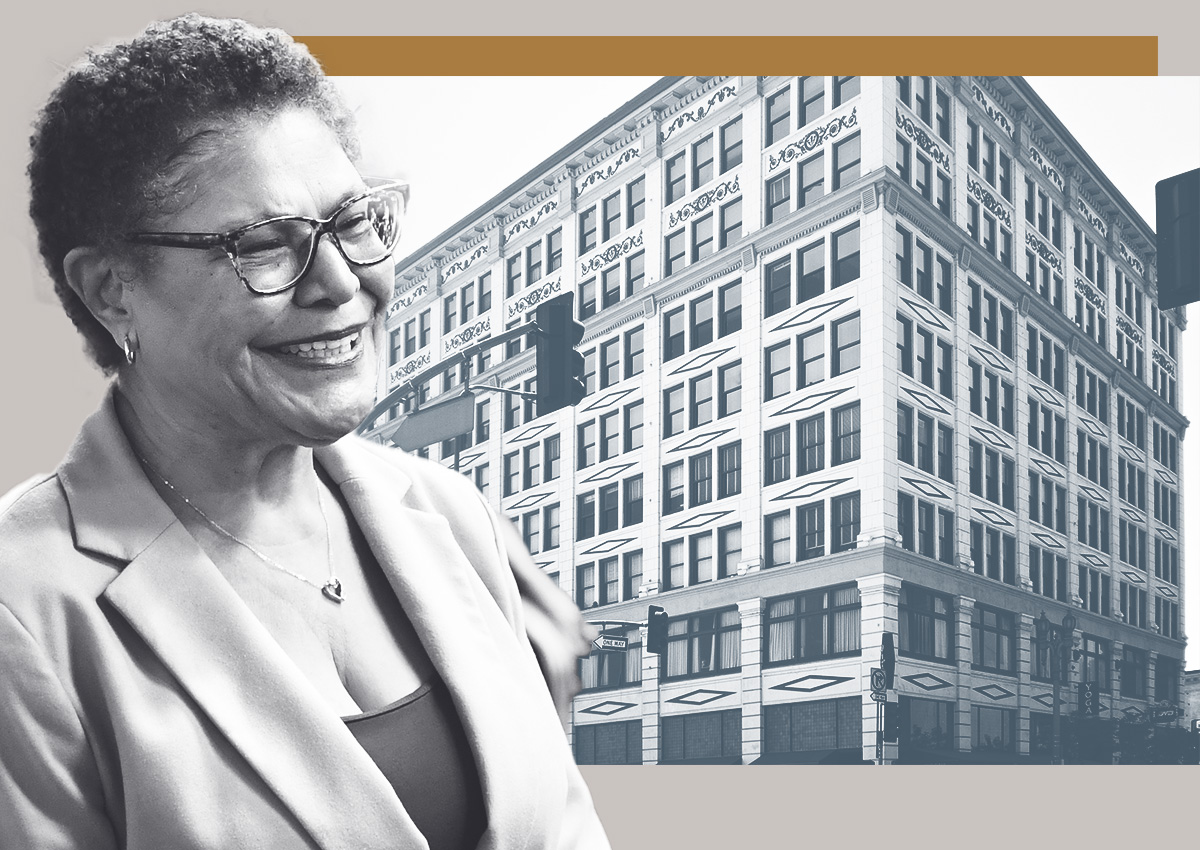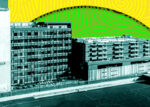Office-to-home conversions now dominate adaptive reuse projects across the Golden State, with Los Angeles poised to become the nation’s top commercial-to-residential conversion hotspot.
Of the state’s nearly 14,000 commercial-to-apartment projects last year, 31 percent turned offices into homes, the Commercial Observer reported, citing Rentcafe’s annual Adaptive Reuse Report, which crunches figures from Yardi Matrix.
Developers are now converting underused offices into 4,306 apartments for local residents.
At the same time, hotel-to-home conversions run second, followed by healthcare, retail and a miscellaneous category of warehouses, factories and religious building conversions.
Last year, hotel conversions resulted in 3,752 apartments, for a 21 percent share of state adaptive reuse projects. That was followed by 2,358 healthcare-to-home conversions, taking up a 17 percent share, and 1,540 retail-to-home conversions, an 11 percent share.

Miscellaneous projects, including warehouses, factories and religious buildings, rounded off the state’s remaining 14 percent.
“Overall, the movement towards repurposing unused commercial spaces into residential units is a significant trend in California’s real estate landscape, driven by the need for more housing and the changing dynamics of workspaces post-pandemic,” Doug Ressler, manager of business intelligence at Yardi Matrix, told the Observer in an email.
Nationwide, hotel-to-residential projects are at an all-time national high, according to the Rentcafe report, with 4,556 apartments converted from buildings last year. Developers from coast to coast specifically turned 3,587 offices into homes.
In California, adaptive reuse projects boomed in 2019 and 2020, then slowed in 2021 and 2022, according to the report. They ticked up last year, with 17.6 percent more apartments than in 2022.
Los Angeles is now poised to become the national frontrunner in commercial-to-residential conversions because of an expanded Adaptive Reuse Ordinance.
Los Angeles County could add up to 113,000 residential units by converting 2,300 underused hotels, offices and other commercial buildings, according to a RAND study.
Last year, the city of Los Angeles created only 182 converted apartments, adapted from three military buildings. But the report lists L.A. as No. 1 in a list of top 20 cities for future apartment conversions, with 5,881 units in the pipeline.
Fewer than 2,000 of those, however, will result from offices. The nature of the city’s remaining adaptive reuse projects is unclear.
Among the leading developers for conversions is Koreatown-based Jamison Services, which this year filed plans to convert the 19-story Los Angeles Superior Court Tower into 428 homes at 600 South Commonwealth Avenue.
— Dana Bartholomew
Read more



